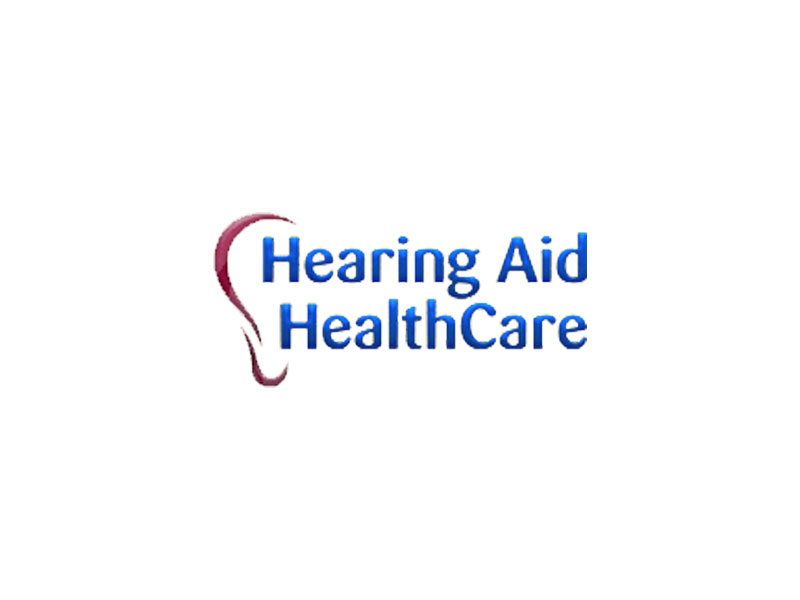What is the exact difference between a personal sound amplifier (PSA) and a hearing aid? One difference is that the PSA is being aggressively marketed to the consumer giving rise to quite a lot of confusion. You generally don’t see similar ads for hearing aids because they are medical devices according to the Food & Drug Administration (FDA) and can’t be sold without a prescription by a an hearing instrument specialist or hearing instrument specialist. Hearing aids are intended for individuals with hearing loss ranging from slight to profound. They are programmed for each individual person to precisely address their unique hearing impairment as determined by the dispenser or hearing instrument specialist.
Conversely, PSAs were developed for individuals with normal hearing. A PSA boosts the volume of sounds by amplifying them. Some personal sound amplifiers appear very much like hearing aids, but they are not; the only thing that they do is take in sound and increase its volume. Personal sound amplifiers are not capable of correcting the unique sorts of difficulties that hearing-impaired individuals have.
For anyone who is on a limited budget, PSAs may seem like a more reasonably-priced alternative to hearing aids (typically $100 or less, as opposed to thousands for hearing aids). The massive variation in cost is one of the reasons the FDA is now involved creating websites and information campaigns to make sure that buyers learn the distinction. The bottomline is, personal sound amplifiers are only for people with normal hearing. If you’re having trouble hearing in situations where others are not having problems, you should see an hearing instrument specialist for a hearing exam. Using a personal sound amplifier when you really require a hearing aid has several downsides. First it might hold up proper evaluation and treatment of your hearing impairment. Second, it might damage your hearing further if the personal sound amplifier is used at elevated volumes.
Before buying any product to improve your hearing ability, see an hearing instrument specialist or hearing specialist. That is the FDA advice to make sure you get the appropriate care. Certain cases of hearing loss, such as those caused by accumulated ear wax, can be reversed in a single appointment. Other hearing problems are more serious, but can also be reversed with correctly prescribed and programmed quality hearing aids. An hearing instrument specialist or hearing instrument specialist can establish the underlying cause of your difficulty hearing. In certain scenarios you won’t require a hearing aid or a personal sound amplifier.
Having said that, if your hearing instrument specialist or hearing instrument specialist doesn’t find any signs of significant hearing loss, but you’re still having trouble hearing, you can think about an inexpensive PSA to help you hear. If you decide to get a personal sound amplifier, you’ll want to check the technical specs carefully and try to find one which claims it amplifies in the frequency range of human conversation. That range is 1000 to 2000 Hertz. Also, do not purchase any personal sound amplifiers that do not include volume controls and electronically-enforced decibel limits that don’t permit their sound levels to exceed 135 decibels. A quality personal sound amplifier can make faint sounds easier to hear for those with normal hearing, and thus have a legitimate role. A PSA should just not be confused with more sophisticated and more precise hearing aids, or be perceived as a substitute for them by people who have experienced genuine hearing loss.
